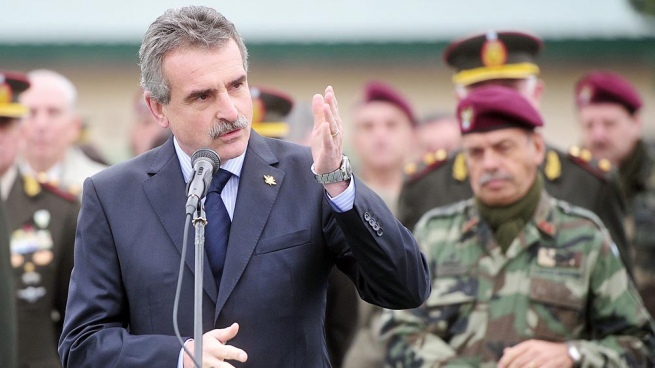From conflict to conflict, from tension to tension, from disagreement to disagreement. This is how we go in Bolivia, wasting time in increasingly recurrent disputes over everything and nothing, instead of being focused on tasks and agreements that allow us to move forward, solve problems, overcome differences, reach out and take advantage of each and every possibility that we have to get ahead, to develop our potential as a country, but first, as human beings, as citizens. What a waste, what a way to waste those advantages and possibilities that are presented to us daily to build a country, society, well-being.
I say it now, with the clarity -and pain, too- that comes from seeing Bolivia from a distance. The distance that allows a light and short flight to another neighboring country that is not free of problems, but that even facing many and no less complicated than ours, advances despite them. Life goes on, goes on. There are good and bad news headlines. But life does not stop, with its lights and shadows. In Bolivia, however, it seems that there are more shadows than lights. I go through the headlines of the traditional press, others that are not so traditional, and the bad news stands out: violence, death, strikes, disputes. Among the most recent, those that are emerging due to the postponement of the National Population and Housing Census.
One more reason to put the country on a war footing. And it is important to clarify, urgently: not only because this postponement affects a department, as is the case of Santa Cruz, but because it goes against the interests and needs of all of Bolivia. Perhaps it is not being seen that way, and this is indeed worrying, because we are reducing the impact to a single region, which this and previous governments have stigmatized as the “privileged”, when in reality it is a decision that does harm to all Bolivians, without exception. The lack of an updated map of Bolivia, which specifies how many we are, where we are and how we are, makes it impossible to extract from the State the public policies that the country needs to face the solution of the problems that overwhelm us and, at the same time, lay the foundations for sustainable development, truly fair, for each region and for the nation as a whole.
Nothing that we do not know, nothing that we would not have been aware of before this official announcement of the postponement of the Census.
The question is: why do we have to wait for things to turn red to react and act accordingly? I say, why have we had to wait for the Government to make this official announcement to announce mobilizations, strikes, etc., when the Executive had already given sufficient signals anticipating its decision to fail to comply with the Census mandate? Were we asleep, trusting in some supernatural force or miracle? Why do we always wait until we are on the edge of the precipice to convince ourselves of the danger we are running of falling into the void, only then to juggle and avoid falling?
But hey, we are where we are and there is no other option than to see how to get out, once again, of a new and great mess. Again, the question: will the threats of strikes and other extreme measures be enough to force the central government to back down, until it accomplishes the unavoidable task of carrying out the Census on the scheduled date? Perhaps here and now it is also urgent to start a personal and collective commitment that goes beyond the demand for the Census, now! A commitment that allows us to work daily, without rest, for a clear, fair and feasible national agenda that gives us, at least, the peace of mind of waking up every day with the certainty that we are making progress, and not stagnant or going further and further backwards.








